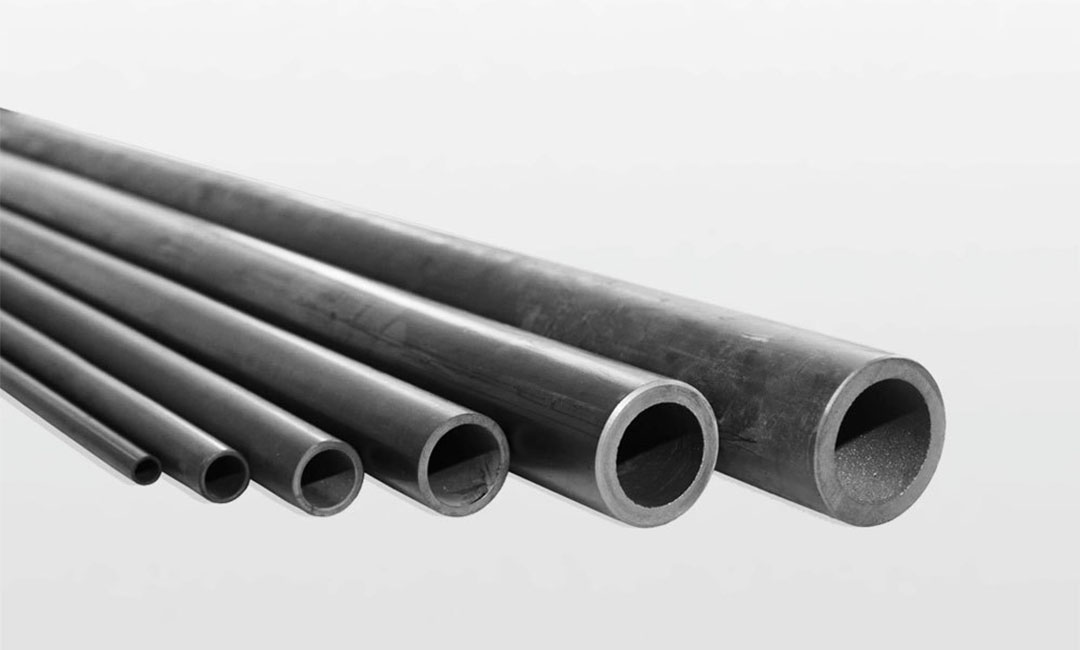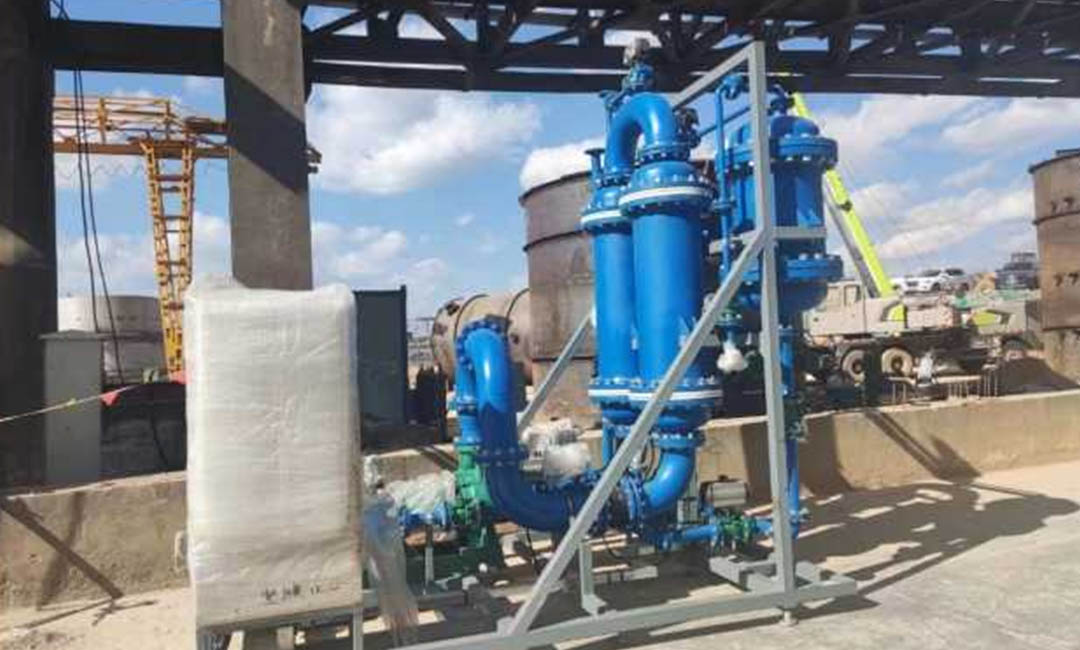Benefits of Using Tubular Membranes in Brewery Filtration Processes
Tubular membranes have become an essential component in the filtration processes of breweries, offering a range of benefits that contribute to both purity and efficiency in the production of beer. These membranes are designed to remove impurities and contaminants from the brewing process, ensuring that the final product meets the highest standards of quality and taste.
One of the key advantages of using tubular membranes in brewery filtration is their ability to provide a high level of purity. These membranes are capable of removing particles as small as 0.1 microns, ensuring that the beer is free from any unwanted impurities that could affect its taste or appearance. This level of filtration is essential for breweries looking to produce a consistent and high-quality product that meets the expectations of their customers.
In addition to providing a high level of purity, tubular membranes also offer increased efficiency in the filtration process. These membranes have a large surface area relative to their size, allowing for a greater volume of beer to be filtered in a shorter amount of time. This increased efficiency not only speeds up the production process but also reduces the amount of energy and resources required to filter the beer, making it a more sustainable option for breweries looking to minimize their environmental impact.

Furthermore, tubular membranes are highly versatile and can be easily integrated into existing brewery filtration systems. Whether a brewery is looking to upgrade its current filtration process or implement a new system altogether, tubular membranes can be customized to meet the specific needs and requirements of the brewery. This flexibility allows breweries to optimize their filtration processes and achieve the desired level of purity and efficiency in their beer production.
Another benefit of using tubular membranes in brewery filtration is their durability and longevity. These membranes are designed to withstand the harsh conditions of the brewing process, including high temperatures and varying pH levels, without compromising their performance. This durability ensures that the membranes will continue to provide reliable filtration over an extended period of time, reducing the need for frequent maintenance or replacement and ultimately saving breweries time and money in the long run.
Overall, the use of tubular membranes in brewery filtration processes offers a range of benefits that contribute to both purity and efficiency in the production of beer. From providing a high level of purity to increasing efficiency and versatility, these membranes are an essential component for breweries looking to produce a consistent and high-quality product that meets the expectations of their customers. With their durability and longevity, tubular membranes offer a sustainable and cost-effective solution for breweries looking to optimize their filtration processes and achieve the desired level of purity in their beer production.
How Tubular Membranes Improve Beer Quality and Consistency
In the brewing industry, the quest for quality and consistency is paramount, and tubular membranes have emerged as a pivotal technology in achieving these goals. Tubular membranes, characterized by their cylindrical structure, offer a unique filtration method that enhances the brewing process by effectively separating unwanted particles and microorganisms from the beer. This separation is crucial, as it directly impacts the flavor, aroma, and overall quality of the final product. By utilizing tubular membranes, breweries can ensure that the beer produced is not only pure but also consistent in taste and appearance.
One of the primary advantages of tubular membranes is their ability to operate under high flow rates, which is essential for large-scale brewing operations. The design of these membranes allows for a continuous flow of liquid, minimizing the risk of clogging and ensuring that the filtration process remains efficient. This efficiency is particularly important in the brewing process, where time is of the essence. By reducing the time spent on filtration, breweries can increase their production capacity without compromising on quality. Furthermore, the high permeability of tubular membranes enables them to handle varying viscosities, making them suitable for different stages of the brewing process, from wort clarification to yeast separation.
In addition to improving efficiency, tubular membranes play a significant role in enhancing the sensory attributes of beer. The removal of unwanted particles, such as proteins and polyphenols, not only clarifies the beer but also helps in stabilizing its flavor profile. This stabilization is crucial, as it prevents off-flavors that can arise from the interaction of these particles with the beer’s ingredients. By ensuring that the beer remains free from these undesirable components, breweries can maintain a consistent flavor profile across batches, which is essential for building brand loyalty among consumers.
Moreover, the use of tubular membranes contributes to the overall sustainability of the brewing process. Traditional filtration methods often require the use of chemicals, which can have detrimental effects on both the environment and the beer itself. In contrast, tubular membranes operate without the need for chemical additives, thereby reducing the ecological footprint of the brewing process. This shift towards more sustainable practices not only appeals to environmentally conscious consumers but also aligns with the growing trend of breweries seeking to minimize their impact on the planet.
Another significant benefit of tubular membranes is their ability to enhance the shelf life of beer. By effectively removing spoilage microorganisms, these membranes help to ensure that the beer remains fresh for an extended period. This is particularly important in a market where consumers are increasingly seeking products with longer shelf lives. The ability to maintain the integrity of the beer over time not only satisfies consumer demand but also reduces waste, as fewer products are discarded due to spoilage.
In conclusion, tubular membranes represent a transformative technology in the brewing industry, offering numerous benefits that enhance both the quality and consistency of beer. By improving filtration efficiency, stabilizing flavor profiles, promoting sustainability, and extending shelf life, these membranes play a crucial role in modern brewing practices. As breweries continue to seek innovative solutions to meet the demands of consumers and the challenges of production, the adoption of tubular membranes is likely to become increasingly prevalent, solidifying their place as an essential component in the pursuit of brewing excellence.
Cost-Effective Solutions for Implementing Tubular Membranes in Brewery Operations
In the brewing industry, the quest for purity and efficiency is paramount, and one of the most promising advancements in this area is the implementation of tubular membranes. These membranes offer a cost-effective solution that not only enhances the quality of the final product but also optimizes operational processes. As breweries strive to meet increasing consumer demands for high-quality beverages, the integration of tubular membranes into their operations presents a strategic advantage.

The primary function of tubular membranes is to facilitate the separation of unwanted particles and impurities from the brewing process. This separation is crucial, as it directly impacts the flavor, clarity, and overall quality of the beer. By utilizing tubular membranes, breweries can achieve a higher level of filtration compared to traditional methods. This enhanced filtration capability allows for the removal of yeast, bacteria, and other contaminants that can compromise the integrity of the brew. Consequently, the result is a cleaner, more refined product that meets the stringent quality standards expected by consumers.
Moreover, the cost-effectiveness of tubular membranes cannot be overstated. While the initial investment in membrane technology may seem significant, the long-term savings and benefits far outweigh these costs. Tubular membranes are designed for durability and longevity, which means that breweries can expect a substantial return on their investment over time. Additionally, the operational efficiency gained through the use of these membranes leads to reduced labor costs and lower energy consumption. As breweries seek to streamline their processes and minimize waste, tubular membranes emerge as a viable solution that aligns with these goals.
Transitioning to tubular membrane systems also allows breweries to enhance their sustainability efforts. In an era where environmental responsibility is increasingly important, the ability to recycle water and reduce waste is a significant advantage. Tubular membranes enable breweries to reclaim water from the brewing process, which can then be reused in various stages of production. This not only conserves valuable resources but also reduces the overall environmental footprint of the brewery. By adopting such innovative technologies, breweries can position themselves as leaders in sustainability while simultaneously improving their operational efficiency.
Furthermore, the versatility of tubular membranes makes them suitable for a wide range of applications within the brewing process. From the initial stages of wort clarification to the final stages of beer filtration, these membranes can be integrated seamlessly into existing systems. This adaptability ensures that breweries can implement tubular membranes without the need for extensive modifications to their current operations. As a result, the transition to this advanced technology can be achieved with minimal disruption, allowing breweries to maintain their production schedules while reaping the benefits of improved filtration.
In conclusion, the implementation of tubular membranes in brewery operations represents a cost-effective solution that enhances both purity and efficiency. By investing in this technology, breweries can achieve superior product quality, reduce operational costs, and promote sustainability. As the brewing industry continues to evolve, the adoption of innovative solutions like tubular membranes will be essential for breweries aiming to meet the demands of modern consumers while maintaining their commitment to excellence. Ultimately, the integration of tubular membranes not only supports the brewing process but also contributes to the overall success and longevity of the brewery in a competitive market.

